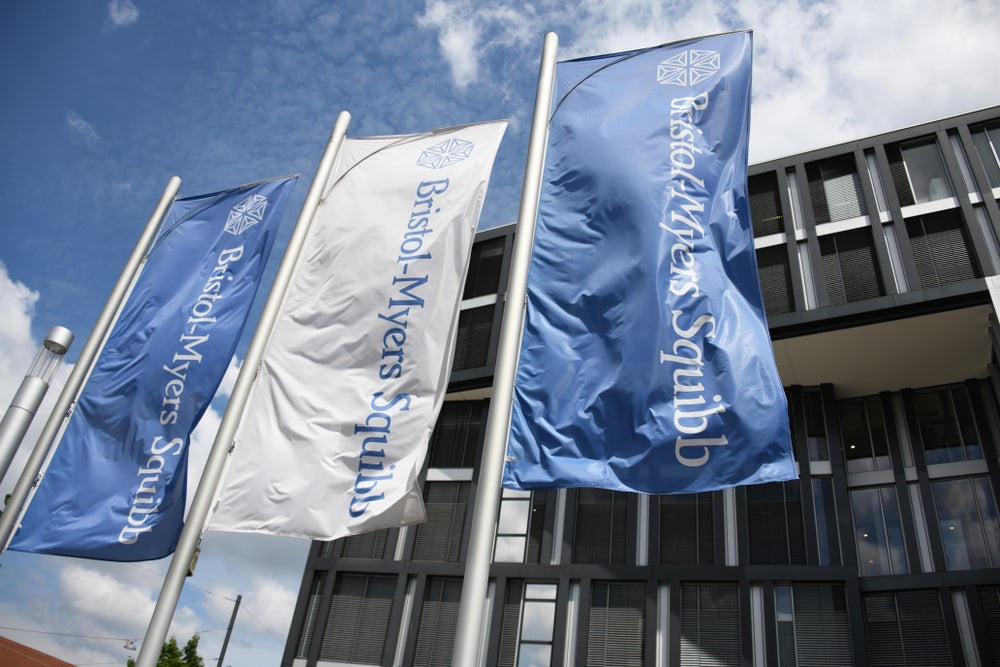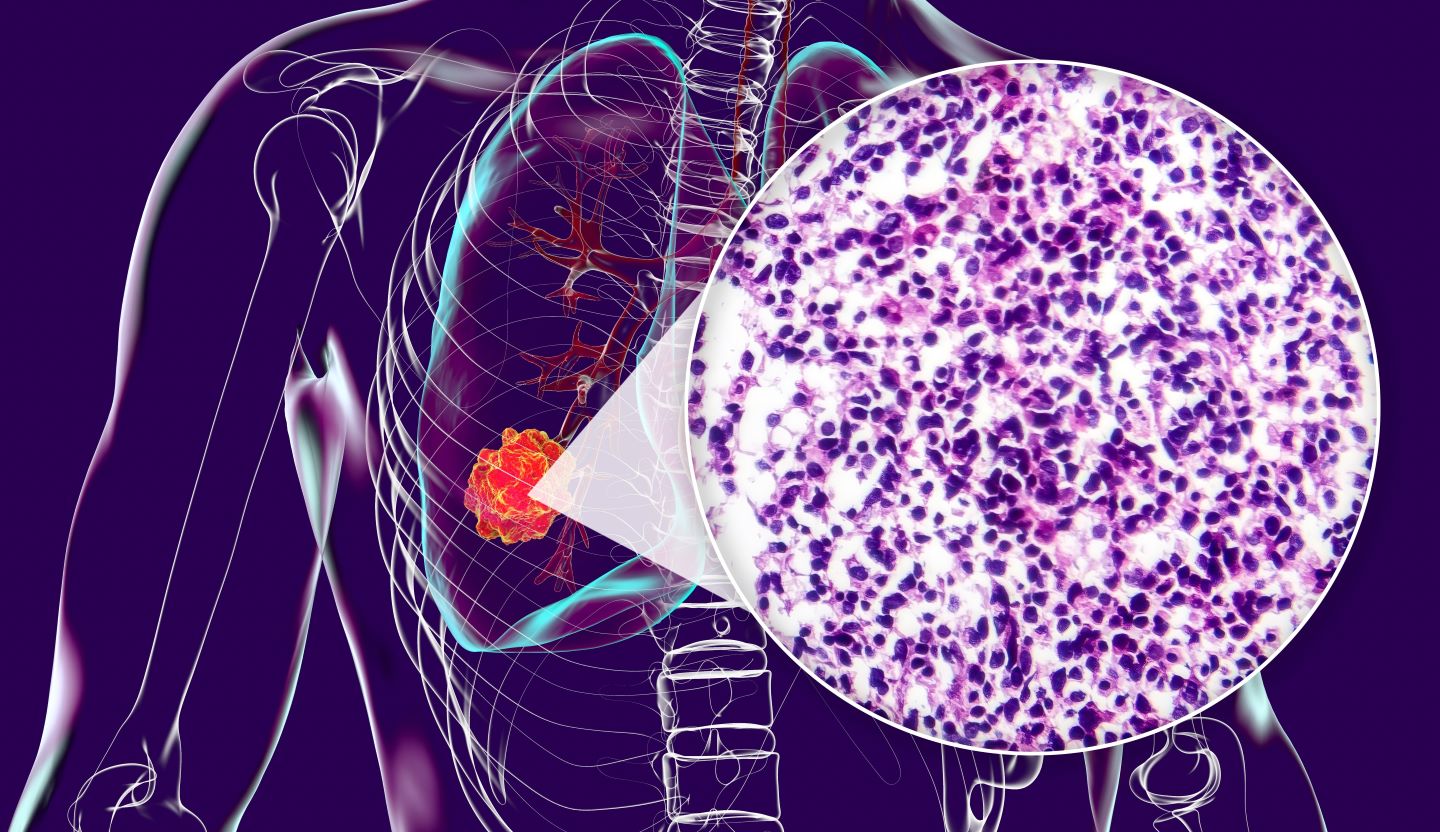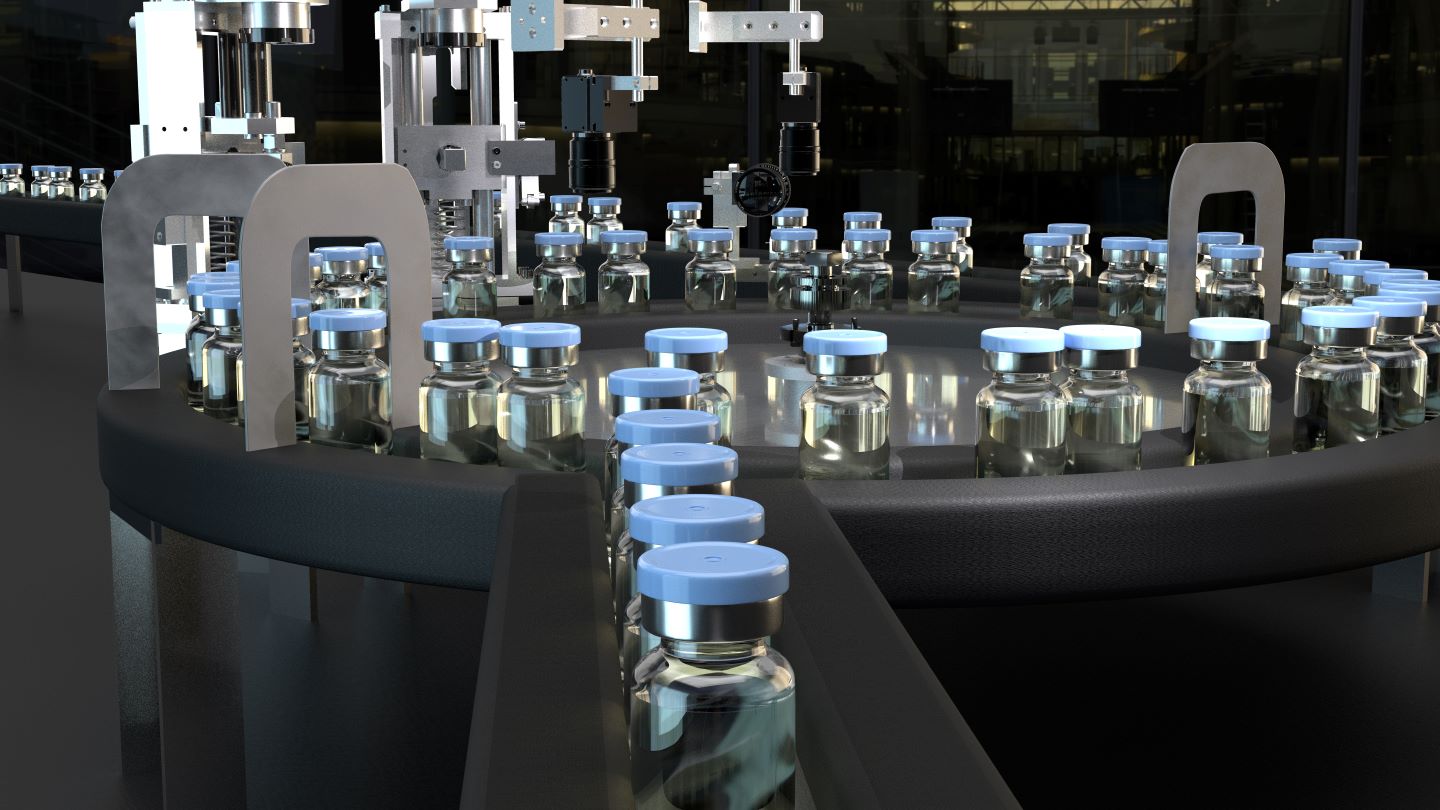BMS’s repotrectinib to have FoundationOne genomic sequencing companion diagnostic
Foundation Medicine’s tissue-based test will be a companion diagnostic to BMS’s investigational drug.

Foundation Medicine has announced it will supply a tissue-based test as a companion diagnostic for Bristol Myers Squibb’s (BMS) recently acquired ROS1/TRK inhibitor repotrectinib.
FoundationOne CDx is a sequencing-based in vitro diagnostic device that can identify alterations in 324 genes from tumour samples. It is intended to provide tumour mutation profiling that allows oncologists to identify appropriate patients for treatment with targeted therapies like repotrectinib. The companion diagnostic will first need to be approved for these indications before it can be used.
Repotrectinib, a tyrosine kinase inhibitor (TKI), is in an ongoing registrational Phase I/II trial (NCT03093116) for patients ROS1+ advanced non-small cell lung cancer (NSCLC) and NTRK+ advanced solid tumors, that are either TKI-naïve or TKI-pretreated.
The ROS1 gene is altered in approximately in 1-2% of lung cancer patients. Repotrectinib has been developed to combat cancer resistance to existing therapies and exert consistent anti-tumor activity. Individuals that develop lung cancer with no smoking history are genetically distinct from those who develop the cancer with a smoking history. Exposure to environmental factors can cause gene fusion which leads to upregulation of the ROS-1 enzyme. With advances in DNA sequencing, such as the technology developed by Foundation Medicine, the genetic profiles of lung cancer patients could be annotated to then select appropriate treatment options.
BMS says it expects the orally administered drug, which was granted breakthrough therapy designation in May 2022, to be approved in the second half of 2023. BMS acquired repotrectinib as part of its June 2022 acquisition of Turning Point Therapeutics. BMS has also said it plans to explore other compounds from Turning Point Therapeutic’s acquired pipeline.
What's Your Reaction?

































